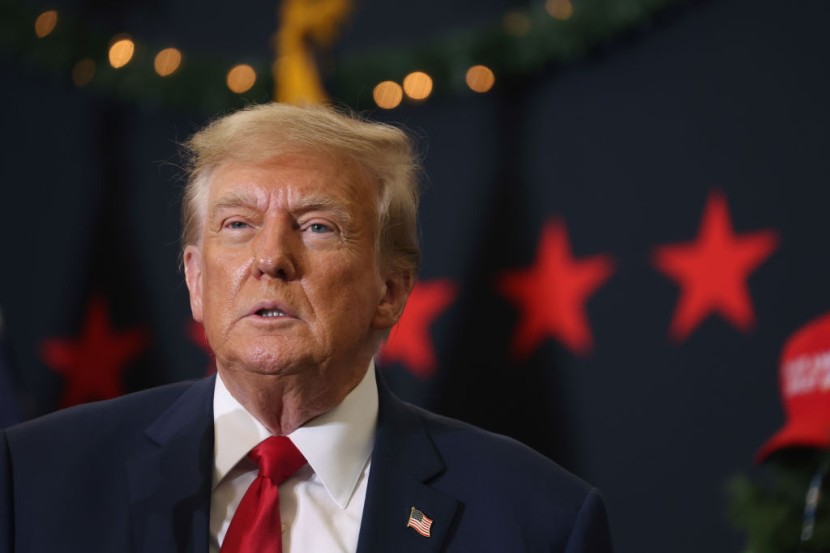

On Wednesday, the Michigan Supreme Court rejected an attempt to remove former President Donald Trump from the state's primary ballot under the 14th Amendment's insurrection ban. The group ruled in favor of Trump remaining on the ballot as a left-leaning collective.
They ruled that, regardless of whether or not the former president violated the 14th Amendment, Michigan's Secretary of State does not have the legal authority to remove him from the ballot.
The state's Supreme Court, which leans heavily Democrat, let the lower court ruling stand in an unsigned order that stated it was "not persuaded that the questions presented should be reviewed by this Court."
This is a clear victory for Trump and his legal team as his lawyers attempt to fight off 14th Amendment lawsuits from across the country, which aim to prevent the former President from returning to the White House.
What is The 14th Amendment?
The amendment, as designed, would prohibit someone from holding any office if they engaged in an insurrection after taking an oath as an officer of the United States. The 14th Amendment was ratified after the Civil War and was used to prevent Confederates from returning to office after fighting against the Union.
The Trump cases - citing the events of January 6th - pose a series of open legal questions, including whether the clause applies to the presidency and whether courts have authority to disqualify candidates.Trump's legal team had successfully defended against a case in Minnesota, but he took a big hit in Colorado, where the state's supreme court banned him from the ballot. However, that ruling is currently on hold.
Liberal-leaning nonprofit Free Speech for People brought the Michigan lawsuit challenging Trump's ballot placement, and the group brought a similar lawsuit in Oregon.








